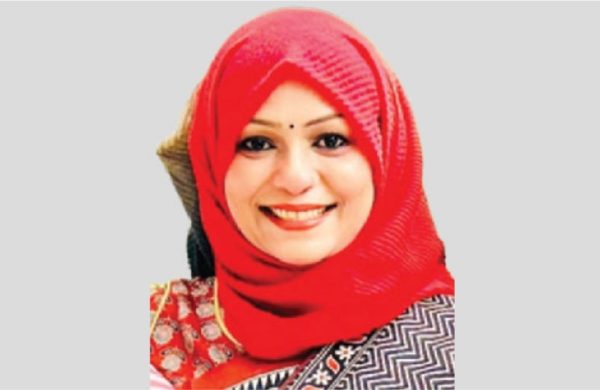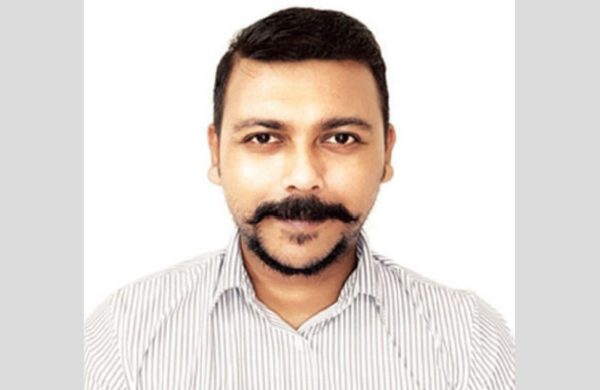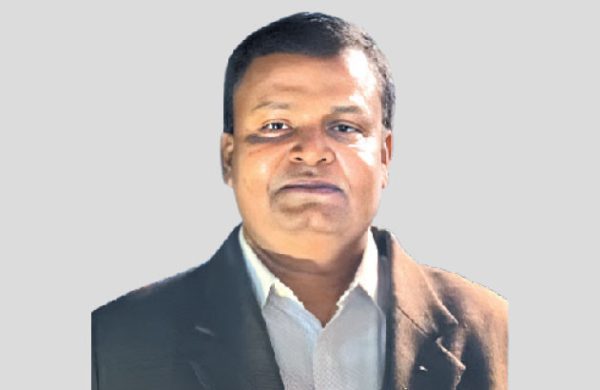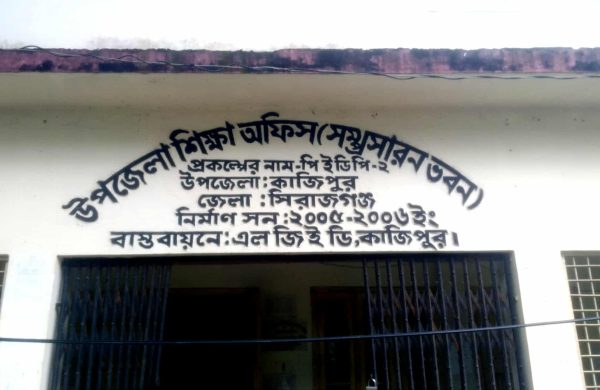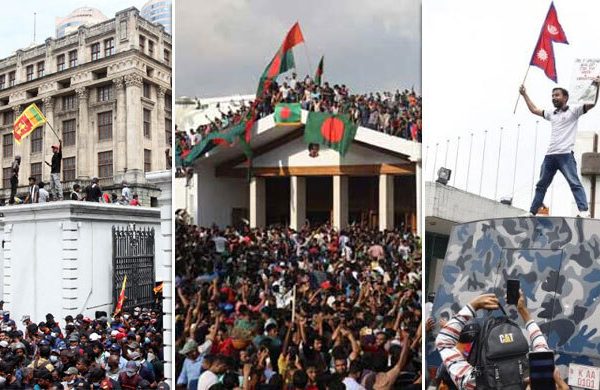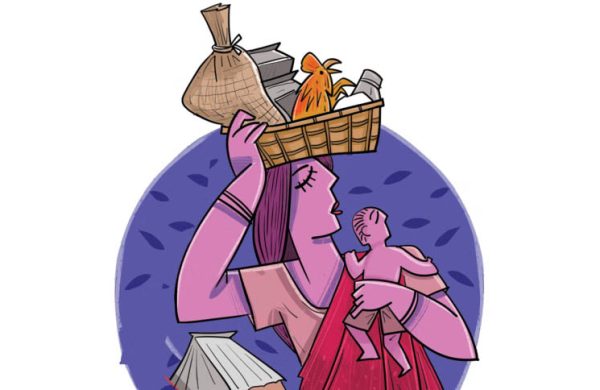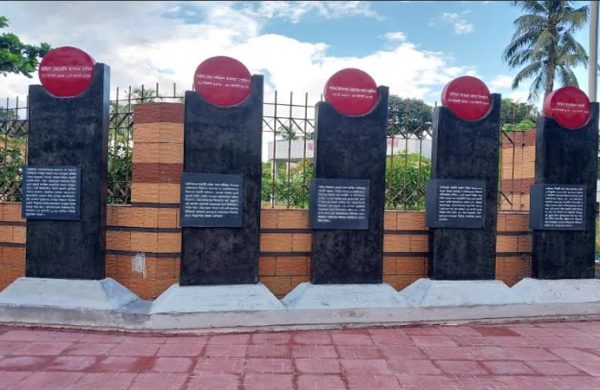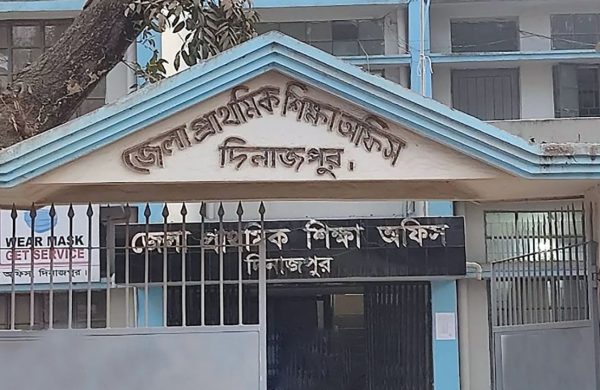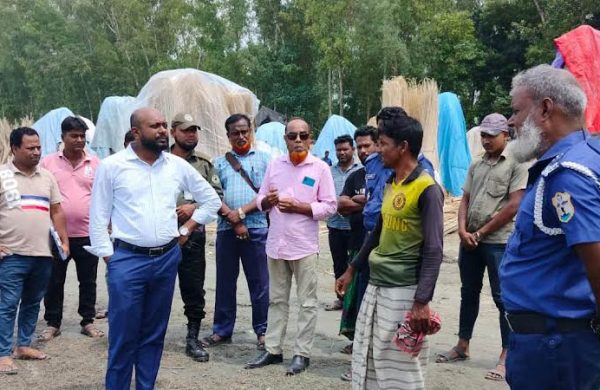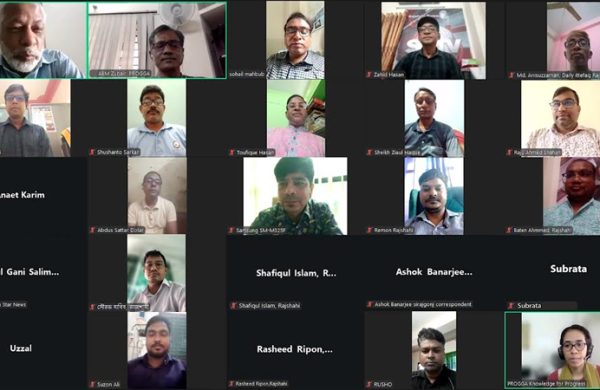Crisis of Conscience in Our Intellectual Class
- Update Time : Sunday, September 7, 2025
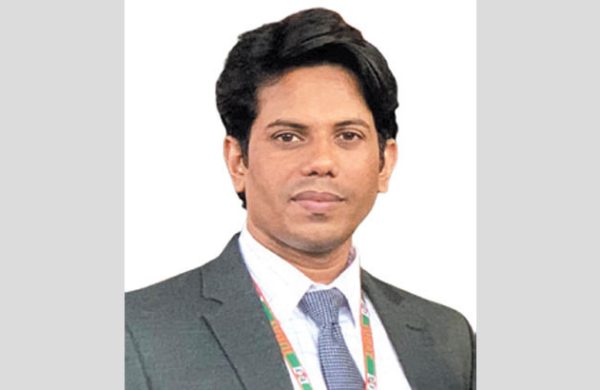
—Md Kawsar Uddin—
There was a time when intellectuals in Bangladesh stood tall, not just for their knowledge, but for their conscience. Their words carried weight not because they echoed power, but because they spoke truth to it. They inspired young minds, guided public opinion, and shaped national consciousness. Today, however, that moral compass seems dangerously broken. One of Bangladesh’s greatest crises is not just political or economic; it is the crisis of the conscience of our intellectual class.
The term buddhijibi (intellectual) used to signify someone who read, thought, questioned, and most importantly spoke out when silence would have been more comfortable. But in our time, we see two types of intellectuals. The first group isolates themselves in libraries, research rooms, or classrooms. They stay far from political currents, never taking a stand, never raising a voice. Even if bombs explode beside them or democracy bleeds in front of their eyes, they remain mute. Their silence may come from fear or apathy but either way, it is costly. Over time, many of them leave the country. They get scholarships, attend conferences, or take up teaching positions abroad. If the chance comes, they settle there, build careers and raise families. Bangladesh becomes something they no longer engage
The second group’s intellectuals are often highly visible. They write columns, appear on talk shows, and flood social media with confident opinions. At first, they seem bold, unafraid to speak on tough issues. But scratch the surface, and their courage turns out to be highly selective. We saw no shortage of this during the last authoritarian regime. A certain group of so-called intellectuals filled the talk shows, wrote op-eds, and appeared on every media outlet to explain away the government’s wrongdoing as necessary or even noble. They used big words and polished arguments to make injustice sound like order. Among countless examples, one stood out during the July movement, when a renowned professor from a public university said he would feel ashamed to visit Dhaka University because the students had branded themselves as ‘razakars.’ He knew well what the students were actually chanting and what those slogans truly meant. But instead of standing up for the truth, he twisted their words to fit a narrative that served the regime. And now, with the fall of that government, a new group is already emerging, eager to align with rising forces and shape the next script of opportunism. The actors may change, but the play remains same.
This moral decay is not new. French philosopher Julien Benda warned in his seminal work The Treason of the Intellectuals, “The betrayal of the intellectuals… lies in their surrender of reason and principles to the ambitions of power.” That betrayal is precisely what we have been witnessing in our time in Bangladesh, an era in which knowledge is no longer used to question authority but to decorate it, and where intellect no longer resists power but rationalises it.
Bangladesh’s political elites know their own credibility is fragile, so they borrow it. As Aristotle once said, credibility is one of the pillars of persuasion. So, they outsource it to these sell-out intellectuals, who launder ideas, dress up tyranny as stability, and rebrand repression as discipline.
The general public suffers in confusion and despair. They do not just lose faith in politics; they lose faith in thought itself. So, what can be done?
First, we must relearn how to distinguish between real and fake intellectuals. Real intellectuals challenge power, even when it costs them. They speak up for those who cannot. They might not always be on TV or social media, but their work uplifts society. Fake intellectuals, on the other hand, serve power, not the people. We must stop giving them platforms.
Second, our universities and media must stop rewarding fake intellectuals. Awards, fellowships, or editorial columns should not go to those who flatter power.
Third, the younger generation must be taught that intellect without ethics is dangerous. We must teach our students not just to argue, but to act responsibly.
And finally, the public must regain its own sense of judgment. Let us not be dazzled by big words or foreign degrees. Let us ask: who benefits from what this person is saying? Who gains and who loses? What truths are being hidden beneath all this sophistication?
Amid this fog of opportunism and confusion, one might assume all integrity has vanished. But that would be a mistake. Still, not all is lost. A small, often invisible minority of intellectuals continue to hold the line. They refuse to be bought, refuse to perform, and refuse to play along. Their names rarely appear in headlines, their work is often ignored, and they sacrifice status, income, and recognition simply to remain honest. These are the people who challenge power consistently without reward. In a society obsessed with visibility, they choose integrity over exposure. If there is any moral hope left in Bangladesh, it lives in their lonely defiance.
Now, more than ever, Bangladesh needs voices like theirs, honest, principled and unyielding. We need thinkers who are not for sale. Because without them, we may have elections, development projects, and five-year plans but we will not have a soul.
And a country without a soul is not just unstable; it is a country waiting to collapse.
———————————————————————————————-
The writer is an Associate Professor in the Department of English and Modern Languages at IUBAT





